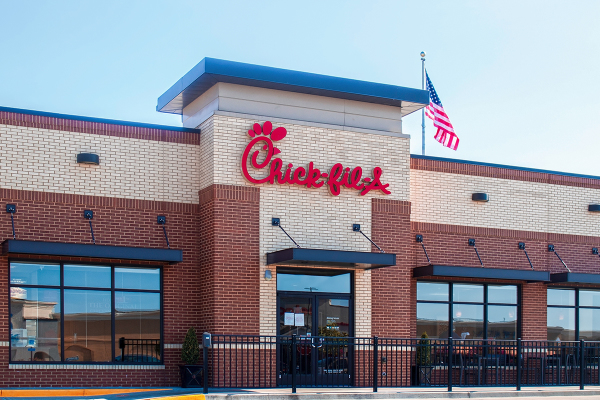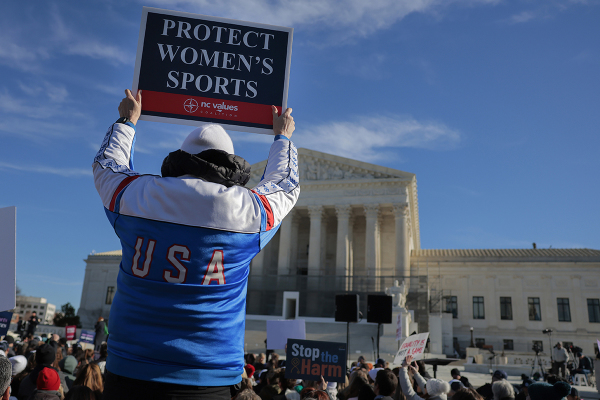U.S. Gov't Watchdog Urges Religious Freedom in Cuba
WASHINGTON – The U.S. government should take advantage of the power change in Cuba and press the new government to grant greater religious freedom and other human rights to its citizens, urged a U.S. government religious freedom body.
"Cubans have waited too long for the Communist government to recognize their basic human rights, including religious freedom," said U.S. Commission on International Religious Freedom (USCIRF) Chair Michael Cromartie, in a statement.
"While we have no illusions about Raul Castro's political views, the Commission sees Fidel Castro's resignation as an opportunity for Cuban officials to reform their repressive practices."
Raul Castro – the younger brother of Fidel Castro – was elected Sunday by the national assembly to be the new president of Cuba.
Although he emphasized he will continue to lead Cuba on the socialist path and consult his brother Fidel on important issues, the younger Castro promised to open up Cuba to economic investment and is said to quietly support an ease in restriction on freedom of speech.
"Cuba's future is best assured by fully protecting, in law and practice, the fundamental freedoms of religion, expression, association and other human rights," Cromartie said. "The Commission calls on the U.S. government and its allies to send this message clearly to Cuba's new leadership."
USCIRF is an independent, bipartisan federal commission that advises the President, Secretary of State, and Congress on how to promote religious freedom and associated rights around the world. It was created by the U.S. Congress in the International Religious Freedom Act of 1998 (IRFA).
Since 2004, USCIRF has kept Cuba on its Watch List of countries that require close monitoring due to the nature and extent of violations of religious freedom engaged in or tolerated by their governments.
"Fidel Castro's nearly 50-year-long rule was marked by a stormy, and sometimes brutal, relationship with Cuba's religious communities, including arrests, deportations, and severe restrictions on religious activities," USCIRF's Cromartie said.
"Religious life has been unjustly repressed and controlled by his government and generations of Cuban religious adherents have suffered," he added. "Today the Cuban government has the chance to fulfill its obligation to correct past wrongs and fully protect religious freedom."
Under communism, Cuba was officially an atheist country until it changed its constitution in 1991 to become a secular state.
There were reportedly only 1,100 churches and house churches in Cuba in 1991, but the number has jumped to more than 16,000 house churches, according to the Christian ministry WorldServe, which has worked in Cuba for over a decade.
In 1998, Cuba also welcomed Pope John Paul II's historic visit, and two years later, reinstated religious holidays.
On Tuesday, Raul Castro met with the Vatican's No. 2 official, Cardinal Tarcisio Bertone, who expressed the Roman Catholic Church's concern about prisoners in Cuba. He did not, however, ask directly for the release of political prisoners because it "would like like interference."
"The Church does not impose, but proposes," he said, according to The Associated Press.
Bertone said the relationship between the Church and Cuba's government "will always be challenging, but also full of opportunities to promote the well-being of Cubans," as reported by AP.
The Vatican official called for improving relations between Cuba's government and the Church, and noted that Cuba's leaders promised more openness in the state-controlled media.
Last week, Bertone said a future trip by Pope Benedict XVI is possible.
"Up until now it hasn't been possible. In the future we will see," he said without elaborating.
USCIRF calls on the U.S. government to specifically press Cuba "through all available diplomatic channels" to release all political prisoners, and lift repressive laws and restrictions on freedom of thought, conscience, and religion or belief.





















